







Read More
The Master of Emergency and Critical Care programme is carefully crafted to produce highly qualified medical professionals who are experts in the subtleties of critical care, guaranteeing top-notch care. The curriculum for this programme is extensive and covers everything from pre-hospital evaluations to the subtle shift from critical and acute care settings. This degree is essential given the rising need for specialised critical care services worldwide. It provides graduates with the strategic tools they need to effectively address the physiological and psychological needs of patients with acute, critical, or complex health conditions in a variety of critical care settings. This programme not only meets an urgent requirement in healthcare but also sets a high standard for preparing students to succeed in challenging, fast-paced industries.
Year wise Course Details
Courses for this semester
This course is designed to provide students with a comprehensive understanding of the assessment, diagnosis, and management of patients with cardiovascular and neurovascular emergencies. The course begins with an overview of the cardiovascular system and its function, followed by a discussion of the various types of cardiovascular emergencies, including myocardial infarction, heart failure, and arrhythmias. Students will learn how to assess and manage these emergencies using various diagnostic tools, including electrocardiography, echocardiography, and cardiac enzymes. Next, the course will cover neurovascular emergencies, such as stroke and intracerebral hemorrhage, and discuss the various treatment options, including thrombolysis, anticoagulation, and surgical interventions. Upon completion of the course, participants will be able to effectively assess, diagnose, and manage patients with cardiovascular and neurovascular emergencies in a timely and appropriate manner.
students will learn about the different classes of drugs, how drugs are administered, and how drugs are metabolized and excreted from the body. They will also study the pharmacokinetics and pharmacodynamics of drugs, which describe how drugs move through the body and interact with different organs and tissues. Throughout the course, students will be exposed to a wide range of drugs used in the treatment of various medical conditions. They will also explore the potential side effects and adverse reactions of drugs, as well as the principles of rational drug use and drug interactions.
This course will focus on the principles and best practices for conducting a comprehensive patient assessment and administering medications safely and effectively. Students will learn the key components of patient assessment, including physical examination, medical history, and diagnostic testing. Additionally, students will learn how to administer medications via various routes of administration, including oral, intravenous, and intramuscular, and the principles of medication safety and quality improvement.
Advanced airway management is a specialized course that focuses on the advanced techniques and procedures for managing a patient's airway. The course covers a wide range of topics related to airway management, including anatomy and physiology of the airway, patient assessment, airway adjuncts and devices, and advanced airway management techniques. Students will learn how to recognize and manage airway obstructions, perform advanced airway interventions such as intubation and cricothyrotomy, and how to manage complications that may arise during these procedures.
This course introduces students to the essential concepts and techniques of statistics, equipping them with the fundamental skills necessary for data analysis and interpretation. Through a combination of theoretical instruction and practical application, students will gain the ability to collect, analyze, and draw meaningful conclusions from data.
This course is designed to train students in the conduct of a systematic literature review and developing the skills to conduct a review built on the framework of evidence-based practice, an increasingly important standard in the arena of literature reviews.This course combines didactic classroom sessions with substantial project work to create a systematic literature review. Students will be taught how to perform each step in a review and will then be expected to apply it to a topic of their choosing. They will get feedback at each stage in the process. The final deliverable for the course will be a systematic literature review.
This course aims to help learners understand how inequity and injustice can become embedded in technology, science, and associated policies, and how this can be addressed.
This course is designed to introduce students to the issues of energy in the 21st century – including food and fuels – which are inseparably linked – and will discuss energy production and utilization from the biology, engineering, economics, climate science, and social science perspectives.
Courses for this semester
This course is designed for those who want to improve their knowledge of the therapeutic uses of mechanical ventilation. When a patient is unable to breathe properly on their own, it is a sort of treatment that prolongs life and assumes control of breathing.
Students will learn how to initiate a research project for targeted business needs, conduct research through multiple modes and datasets, analyze research data, manage suppliers performing specialized research, and deliver recommendations from the research. By the end of the specialization, learners will create and scope a research proposal, conduct desk research, design and test a focus group guide, interpret focus group results, design and implement a survey in Qualtrics, analyze quantitative data, develop insights by synthesizing findings across research methods, create data visualizations in Excel, and develop a presentation of findings with recommendations to stakeholders.
This Specialization is designed to help navigate the complex legal framework that governs modern health systems. You will learn the fundamentals of American health law, then explore how privacy law shapes the relationship between healthcare providers and their patients. You will also learn how intellectual property law influences everything from the pharmaceutical industry, to medical research, to cutting-edge ethical issues involved in emerging technologies such as DNA-testing. Finally, the specialization will conclude with a study of how other countries vary in their approaches to solving the common problems that face all health systems.
This course offers a general review of injury as a public health issue, an explanation of the many components of the trauma care system, and suggestions for how to enhance trauma care programs and infrastructure. It aims to advance a greater comprehension of the global design and management of trauma care systems.
This course focuses on understanding various medical situations, dealing with psychiatric patients, and making an accurate assessment of toxic poisoning cases, including management.
The course will facilitate the development of a Holistic perspective among students towards life and profession as well as towards happiness and prosperity based on a correct understanding of the Human reality and the rest of Existence. Such a holistic perspective forms the basis of Universal Human Values and movement towards value-based living in a natural way.
The primary agents in the major drug categories are discussed in this course, along with their properties, effects, and therapeutic value.
This course encourages students to acquire knowledge and develop skill in providing first aid treatment in emergencies either in the hospital or in any setting .
The student will use the scientific literature to write a review that includes: relevant background on the research topic; good coverage of important literature and key concepts; a critical analysis of current research in the field and potential future research directions.
This course offers "An overview of research methodology including basic concepts employed in quantitative and qualitative research methods. Includes computer applications for research
Courses for this semester
1. To assist students, develop solid and firm ICU foundation. 2.The students will learn how to manage the care of critically ill patients as well as interpret test results.
To have a basic knowledge and understanding of surveys and experiments in clinical practice. To learn to review and assess scientific literature critically. To write and present an overview of the relevant literature for a specific research topic
To provide knowledge and skills on monitoring the patients in ICU. To give an insight knowledge and skills on different positioning and mobilization of patients. To instill knowledge and skills on maintaining of airway. To provide knowledge and skills on medication administration to the patients. To provide knowledge and skills on the control of infection in ICU
.
.
.
1. To understand the organization and procedure of the emergency medical services, gather knowledge and skills to provide comprehensive care for patients of all age groups and to get the confidence to handle critical situations with quick and effective decisions for patients. 2.To be familiar with the drugs used in emergencies and relevant equipment, to be able to diagnose common illness, access & select the appropriate investigations required and their accurate interpretation keeping the patient's safety in prime consideration and to enhance the skills in useful techniques to be used in emergency situations
1. Prepare the students to perform hemo dialysis treatments to patients with renal failure. 2. Will gain a comprehensive knowledge about the equipment used in dialysis unit 3. To improve patient’s quality of life by delivering efficient dialysis treatment
1.Explain the history of EMS dispatch, describe basic configuration of EMS communication systems 2.Recall components of an EMS dispatch program and discuss enhancements of communications such as automatic number/location/vehicle identification as well as the role of federal and state agencies within EMS systems.
Courses for this semester
This course is a specialized course designed to prepare healthcare professionals for the safe and effective transport of critically ill or injured patients. This course focuses on advanced clinical skills, the logistics of transport, and the unique challenges of providing care in dynamic environments such as ground ambulances, helicopters, and fixed-wing aircraft.
This course provides an in-depth understanding of the structure, policies, challenges, and dynamics of healthcare delivery in India. The course explores the role of government, private, and non-governmental sectors in providing healthcare services while addressing the unique public health challenges in the Indian context. It emphasizes equitable access, healthcare financing, and the integration of traditional and modern medical practices.
It is an interdisciplinary course that integrates principles of medical science with legal and ethical frameworks. It focuses on the application of medical knowledge to solve legal cases and the ethical responsibilities of healthcare professionals. This subject equips students with the skills to handle medico-legal cases and make informed, ethical decisions in their practice.

CST- Common scholarship test is a national and international level online MCQ based examination funded for intellectual empowerment by Assam down town University.
CST- Maximum enrolment each year is 120 seats and any 10+2 students can apply. Adtu is northeast India’s first placement driven university to provide 100% scholarship benefits worth 10 cr.
CST aims to inspire brilliant and competent students to pursue further education. Accredited with a prestigious grade by NAAC, UGC and AICTE.
Explore more scholarships that can help you reach out your goal with financial aid.
This scholarship is valid on the basis of the board/university examination
| 95% & above | 100% Scholarship on all semester |
| 90%-94.9% | 50% Scholarship on all semester |
| 80%-89.9% | 25% Scholarship on all semester |
This scholarship is valid on the basis of the board/university exam
| National & International Level | 100% Scholarship on all semester |
| State Level | 50% Scholarship on all semester |
| District Level | 25% Scholarship on all semester |
This scholarship is valid on the basis of the board/university exam
| National & International Level | 100% Scholarship on all semester |
| State Level | 50% Scholarship on all semester |
| District Level & NCC Certificate Holder | 25% Scholarship on all semester |
Discover a multitude of world-class amenities and cutting-edge resources at Assam down town University, enhancing your academic journey to new heights.
The Start-Up & Incubation Centre at Assam down town University provides a supportive environment for young entrepreneurs to develop and grow their business ideas. The center provides mentorship, funding, and networking opportunities to help innovative ideas become successful businesses.
SFURTI scheme to support rural entrepreneurs and innovators, an initiative by the Ministry of MSME
TIDE 2.0 scheme for ICT-based startups which provides a grant of Rs. 4L and Rs. 7L under EiR and Grant categories respectively, an initiative by the Ministry of MeitY.
dtVL Ideation, an incubation program for early-stage entrepreneurs with a market-ready solution/product, offering interest-free loans up to Rs. 2 lakhs.
Sprout UP, an incubation program for students, faculties, and researchers with innovative business ideas, prototypes, or technology solutions.

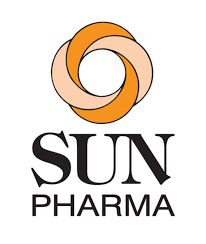

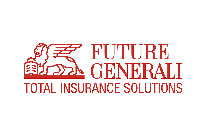


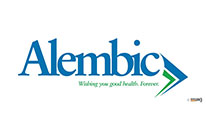


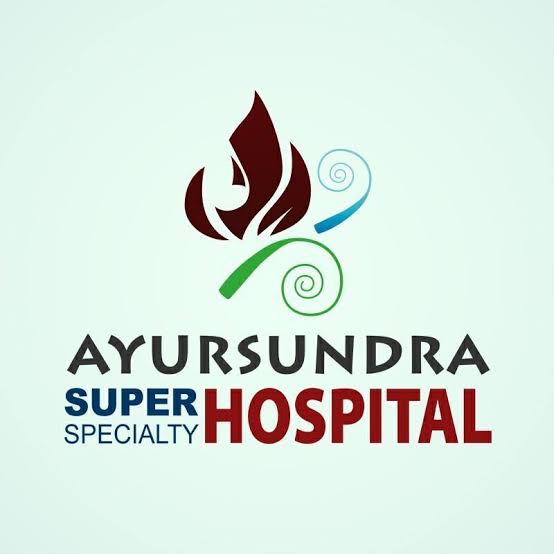
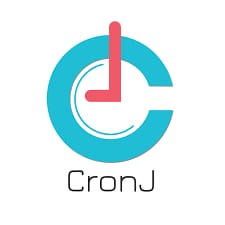

![24[7].ai 24[7].ai](https://adtu.in/files/247ai.jpg)

.jpg)



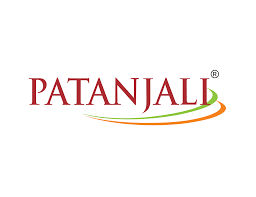
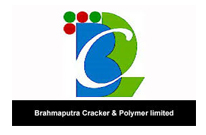



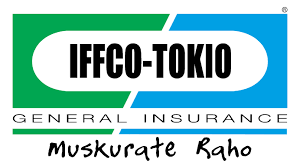


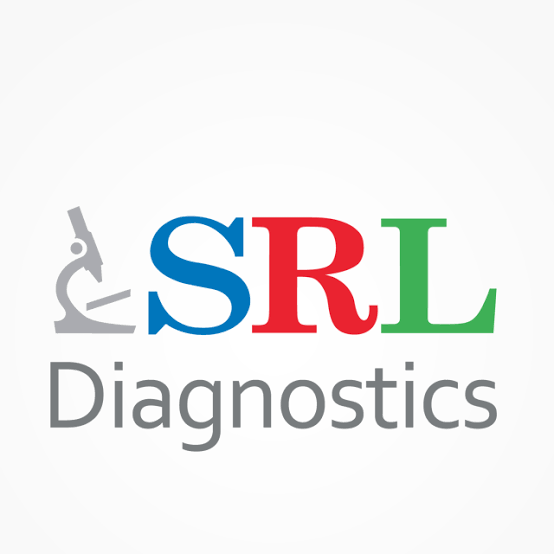




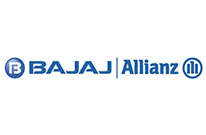



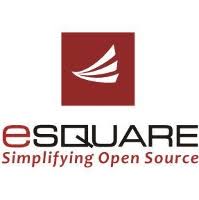

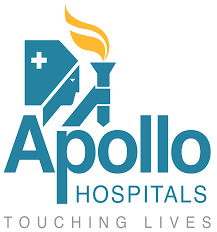












"I am a BBA student of 3rd semester. I hail from Bhutan. I vow that I am having a great experience i...
"AdtU is amazing. I am a BBA student of 2019-22 batch and I am just grateful for the amount of oppor...
Let us be grateful to the people and place who makes us happy. They are the charming gardeners whom ...
Currently I am pursuing MBA in Assam Down Town University. MBA is the professional course through wh...
AdtU is a university that focuses on giving knowledge, education and simultaneously making the stude...
The Assam downtown University has been a great learning experience. The university has provided me w...
My experience with AdtU has been splendid one indeed. Little needs to said about its scenic infrastr...
As a student I am very glad that I have got an opportunity to study here in Assam downtown universi...
My name is Sakhyajit Roy. I?m from Tripura. I joined the university on Auguest, 2017 as a student of...
I share immense pleasure to share my post graduate program experience in Assam down town University....
AdtU is a platform where I got golden opportunities to feed my zeal for knowledge through the dynami...
I am fortunate to get an opportunity to study here in Assam Downtown University. The best thing abou...
Our university is one of the best place for developing ourselves in the field of research and acedem...
ADTU is a university that is very good interms of infrastructure, academics and placements. Our tea...
It is one of best private colleges in North East India, it also provides a good environment for ed...
ADTU is a good University which provides the students with best quality lectures and ensures comfort...
The environment of Assam downtown university is very pleasant.The department of BMLT is very good a...
The university has all the necessary facilities and amenities for students . The classrooms and the ...
Assam downtown University is well recognised all over india. In the ongoing pandemic situation it ha...








